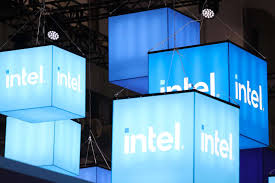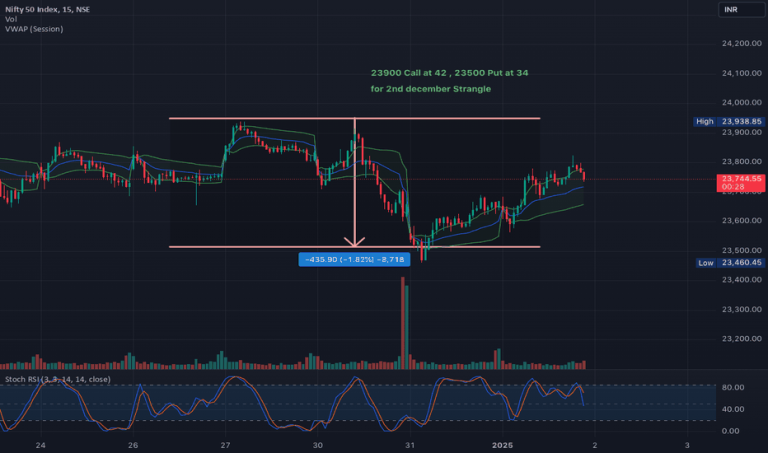AI Chip Export Ban Shakes Global Tech—Poland Fights Back, Palantir Stocks Whiplash!
Warsaw, Poland – The tightening of U.S. export restrictions on advanced artificial intelligence (AI) chips is sending shockwaves through global tech markets.
Poland, a key player in Europe’s growing AI industry, is seeking urgent clarification and an exemption from the restrictions after finding itself placed in a secondary-tier category that limits its access to crucial AI technology. Meanwhile, the impact of these restrictions has contributed to increased volatility in AI-related stocks, with Palantir Technologies (NYSE: PLTR) seeing major fluctuations in trading.
Poland Pushes Back Against U.S. AI Chip Limits
Under the latest U.S. export rules, Poland is restricted to importing only 50,000 AI chips per year, with a possibility of increasing that to 100,000 under specific conditions. While government officials insist this limit won’t immediately cripple AI development in Poland, they warn that such constraints could hinder long-term technological growth.
Deputy Minister of Digitalization Dariusz Standerski expressed frustration over the lack of clarity in the U.S. decision-making process. He noted that while Poland’s current AI infrastructure wouldn’t exceed 5% of the imposed limit, the restrictions could discourage future investments in semiconductor manufacturing and AI innovation.
The European Commission has also voiced concerns over the restrictions, with officials urging greater transparency from the U.S. They argue that the rules create unnecessary barriers within the European Union, which could weaken AI collaboration between allied nations.
Palantir Stock Reacts to AI Export Turmoil
Palantir Technologies, a leader in AI-driven analytics, has been caught in the market turbulence caused by shifting AI chip policies. After an initial drop following the export restriction news, Palantir’s stock rebounded by 8%, leading a broader AI sector rally.
The stock’s sudden jump came as investors responded to new legislative efforts in the U.S. to prevent a government shutdown, which restored some confidence in the stability of federal contracts—an area where Palantir has significant exposure.
Despite the rebound, market analysts remain cautious, warning that ongoing geopolitical tensions and shifting regulations could create further uncertainty for AI stocks in the coming months.
What’s Next?
With Poland pressing for an exemption and broader concerns mounting over U.S. control of AI chip exports, the debate over access to cutting-edge technology is far from over.
For investors, companies, and policymakers alike, the coming weeks will be crucial in determining whether the U.S. makes concessions or if Poland and other nations will need to find alternative solutions to secure AI chip supplies.
As the global AI industry continues to evolve, the battle over chip access could reshape international tech competition in ways we have yet to fully understand.







